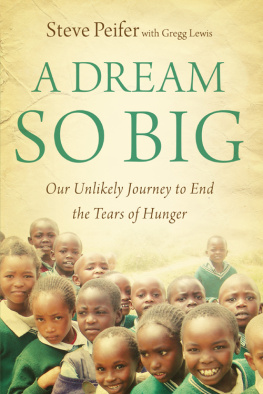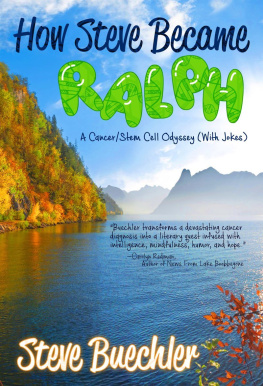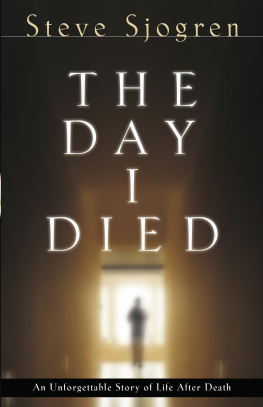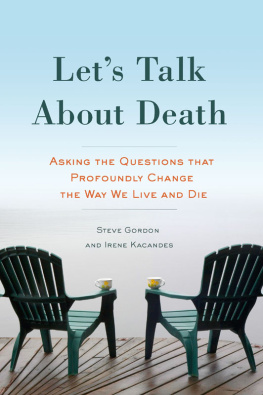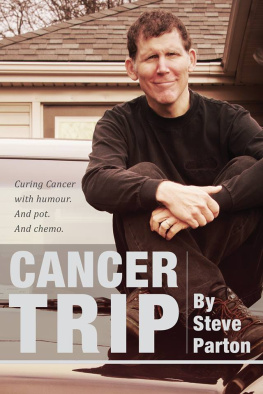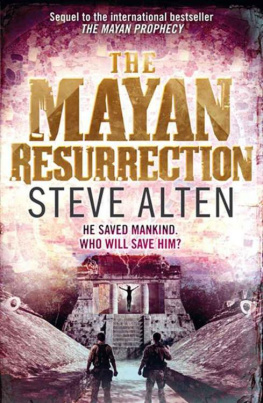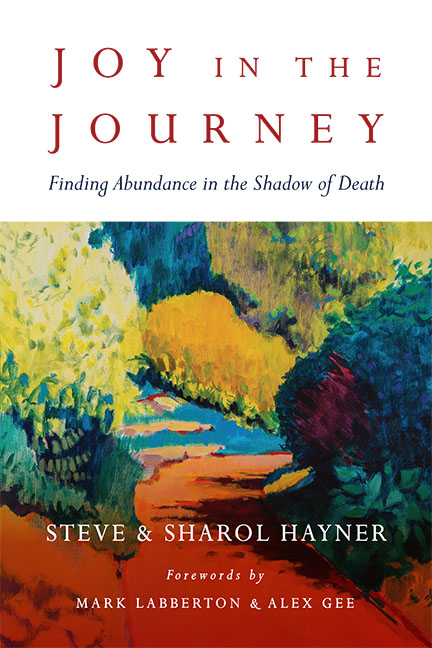Foreword
Joy for Life and Death
Mark Labberton
I was eighteen and Steve was twenty-three when we first met. He was home from graduate study in Semitics and Near Eastern studies at Harvard, having graduated from Whitman College a year before I arrived on campus. Christian faith for me had just become a new category of life a few months before this. Steve was a teacher for our campus fellowship January term, and for one week he taught through the book of Genesis. It was in every way an experience of being in the beginning.
Since that time, Steve has been my primary bellwether over the past forty-three years. Our two lives have unfolded in an uncoordinated tandem: college ministries, pastoral ministries, Presbyterian ordination, British PhDs, parachurch leadership, seminary faculty positions and then leadership of our respective seminaries (Steve at Columbia Theological Seminary, and I at Fuller Theological Seminary). We shared passions, work and commitments, as well as interests and convictions.
But my friendship with Steve was not about shared circumstances but lifeblood. I can hardly think of a significant experience, relationship or decision over all these years that we didnt share. This was made even more amazing to us both in that over these forty-three years we only lived in the same place for less than two of them.
The combination of the depth and the range of Steves friendship over time was so much a part of the treasure of our relationship. He was a polymath, and there seemed no limit to the range and diversity of topics or issues, emotions or ideas, experiences or relationships that we could share and explore.
His buoyancy and enthusiasm reminded me of Tigger, while his thoughtfulness and scholarship evoked Erasmus. Bounding enthusiasm and generous encouragement were his daily modes of engagement.
ROOM TO BREATHE
Steve gave us an exceptionally important taste of Gods grace. It is partly captured for me in Psalm 31:6-8:
I hate all this silly religion,
but you, G OD , I trust.
Im leaping and singing in the circle of your love;
you saw my pain,
you disarmed my tormentors,
You didnt leave me in their clutches
but gave me room to breathe. (The Message)
Steve Hayner helped those he touched find room to breathe. For those of us with emotional, intellectual or religious claustrophobia, this was what we needed most from our pastor, mentor, teacher and friend: help finding the broad and open place of Gods grace in which we could deeply and truly breathe.
Five years older than me, just enough to be ahead as an elder brother, Steve never pressed me toward anything except this: finding my life and vocation, my freedom and joy, in following Jesus. This was the place to breathe, and it was Steves great theme. It was both as simple and as comprehensive as that. As teacher, pastor, friend, example, encourager, mentor and confessor, he led me toward a more faithful life, toward daily breathing in and out the love and mercy of God.
He was a deep-hearted but light-handed mentor. No part of my life was untouched by Steves influence, yet no part was ever coerced. He did not corral people as a leader or shepherd, but rather invited us into Gods abundant faithfulness. Steve moved from being my personal Bible encyclopedia to being a fellow traveler in the long, unexpected journey of faith. His relentless willingness to pay attention, to stay engaged in friendship, conversation, spiritual reflection and personal growththese were all key traits for the many whom he loved and served. Life was never too complicated, or too broken or too fearsome, for Steve to offer in Jesus name the room to breathe in the grace of God more deeply.
All of this is what Steve brought to his various leadership roles. This had been apparent throughout his early life, but by the time he was ordained a Presbyterian pastor and serving at University Presbyterian Church in Seattle, it was plain to all. His role was associate pastor for university ministries, and within a short time a few dozen students had become several hundred and then nearly a thousand. It was a social and spiritual phenomenon to see hundreds of students, principally from the University of Washington, descend on UPC at ten oclock every Tuesday night for a communion service. This was not a service with balloons, skits or magic tricks. Steve just pointed students to Jesus Christ in all aspects of life, and for many it was the very air they needed and the life they sought.
When Steve became vice president for student affairs at Seattle Pacific University, it was a surprising move to a more administrative role, but one he carried out with all the instincts and compassion of a pastor. It extended and enlarged his commitment to university students, now expressed from inside a Christian university. It was always at center about the people, and he relentlessly pursued that purpose during his SPU years. He offered more broad space for more peopleadministrators, faculty, staff and students alike.
InterVarsity Christian Fellowship had been passing through a very difficult season of leadership transition when Steve was tapped to become the next president. It was a wounded, divided, anxious movement and needed a leader of courage, transparency, community and trust. Steve was that. It was a challenging period in which Steves gracious, nonanxious presence, teaching, accessibility and love gradually made a significant difference. By the time that thirteen-year season in Madison, Wisconsin, was over, InterVarsity Christian Fellowship was in a far healthier place and on a trajectory toward ever deeper transformation. This has been especially evident in its commitment to multiethnic ministries, the discovery of that broad place of grace in which men and women of every ethnicity get to live and breathe the grace of God in light of, and not despite, their backgrounds and lives.
When Steve felt his time at IVCF was at an end, he stepped into a short two-year season of transition as an associate pastor at both High Point Community Church and Fountain of Life Covenant Church, both in Madison. Both were wonderful pastoral settings. The multiethnic themes and practices that had become so important during Steves days with IVCF only continued and deepened through his friendship and partnership with Alex Gee at Fountain of Life.
All along, Steve had been committed to and involved with theological education. In his many years as an adjunct professor and board member for Fuller Theological Seminary, he contributed academic knowledge, pastoral insight and global vision. Taken all together, this is what made his move to Columbia Theological Seminary seem so natural for him. It could only be imagined that from Columbias point of view, the hiring of the former president of IVCF may not have seemed natural or obvious. But from the start, Steve loved the faculty, the leadership, the board and the students of Columbia. With enthusiasm he sought to learn what he did not know, he savored those he met, he plunged into new courses. When he became president, it seemed like yet another unsought recognition of his gifts and abilities, and the joy he felt over the talent and diversity of people who became part of Columbia during these recent years (in significant partnership with Deb Mullen) was deeply gratifying to him and a source of great joy for Steve, and for Sharol as well.



